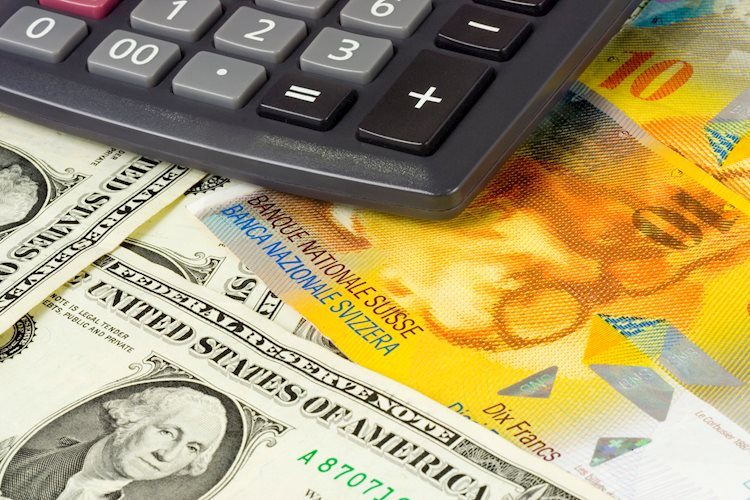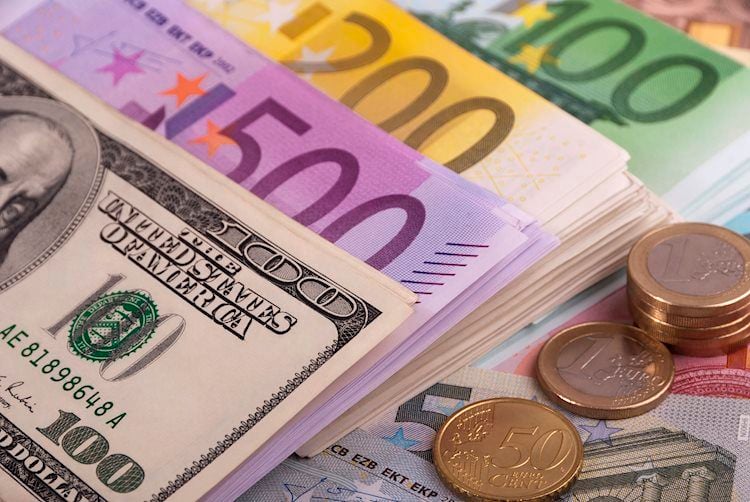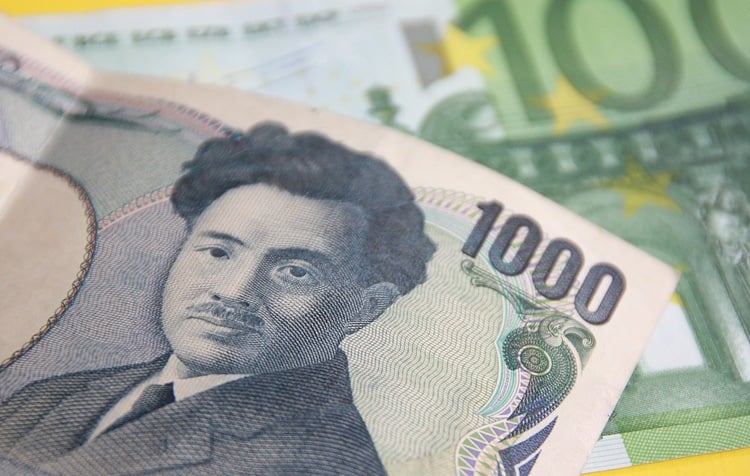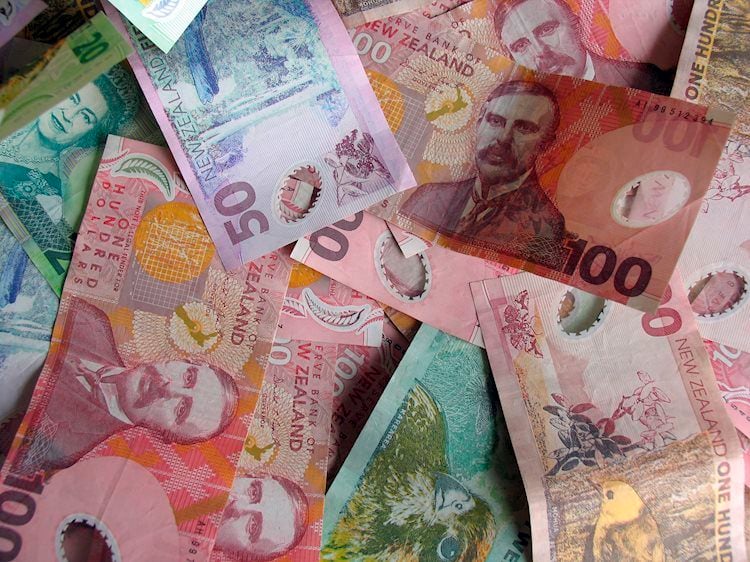“It’s not unexpected that the market is concerned about inflation; our belief is that the majority of it is transitory,” said Seema Shah, chief strategist at Principal Global Investors, who added that the Fed would not begin tapering its bond-buying program until early next year.
“To comfort markets, Fed speakers will be out in force today reaffirming their tolerance with inflation.”
After setting a record high on Tuesday, MSCI’s broadest index of global stocks fell 0.15 percent on investor forecasts of a global economic rebound just weak enough to allow central banks to maintain their dovish stance.
Following record highs on Tuesday, European equities sank 0.34 percent, with Germany down 0.24 percent and France down 0.15 percent.
After UK inflation touched 2.5 percent in June, the highest level in over three years, the FTSE 100 fell 0.5 percent.
MSCI’s broadest index of Asia-Pacific stocks outside of Japan declined 0.22 percent, with Chinese blue-chips down 1.15 percent, Hong Kong’s Hang Seng down 0.7 percent, and Seoul’s Kospi down 0.2 percent. The Nikkei 225 index in Japan lost 0.38 percent.
After a 0.35 percent drop in the S&P 500 index on Tuesday, S&P futures remained unchanged. Overnight, the Dow Jones Industrial Average sank 0.31 percent, while the Nasdaq Composite fell 0.38 percent.
The administration of President Joe Biden is continuing to press for fiscal stimulus to help the US economy.
Late Tuesday, Democrats on the Senate Budget Committee struck an agreement on a $3.5 trillion infrastructure investment proposal that they hope to include in a budget resolution that will be considered later this summer.
The New Zealand dollar rose 1% on speculation that a rate hike is on the way after the central bank unexpectedly announced on Wednesday that its bond-buying program would stop next week.
According to a Reuters poll, the Bank of Canada is also anticipated to cut weekly asset purchases at its meeting later on Wednesday.
The euro gained 0.17 percent to $1.1793 after the US dollar hit a three-month high against the single currency yesterday.
The dollar index, which measures the value of the dollar against a basket of other key trading partners’ currencies, fell 0.16 percent to 92.643 after reaching as high as 92.832 – slightly below the 92.844 level hit last week for the first time since April 5.
The dollar fell 0.11 percent to 110.50 yen against the yen.
Following the high UK inflation report, the pound jumped 0.28 percent against the dollar.
“An interest rate hike isn’t imminent, but it’s getting closer, and this is giving the pound a boost,” said Ulas Akincilar, head of trading at INFINOX.
After rising across the curve on Tuesday in response to U.S. inflation statistics, bond rates in the United States have retreated.
From a close of 1.415 percent on Tuesday, the benchmark 10-year yield fell to 1.4098 percent.
German 10-year Bund rates rose 2.5 basis points to -0.27%, a one-week high, ahead of a 10 billion euro auction later in the morning.
Oil prices stabilized as statistics showed China’s first-half crude imports fell 3% from January to June compared to the same period last year.
On Tuesday, prices jumped more than 2% after the International Energy Agency warned that due to conflicts among key producers, the market can expect tighter supply.
The price of U.S. crude remained unchanged at $76.52 per barrel, while the global benchmark Brent crude remained unchanged at $76.53 per barrel.
As the dollar and US rates fell, spot gold jumped 0.24 percent to $1,812.50 per ounce.
Check out our economic calendar for a complete list of today’s economic happenings.
(Andrew Galbraith contributed reporting; Ana Nicolaci da Costa and Timothy Heritage edited the piece.)/n





